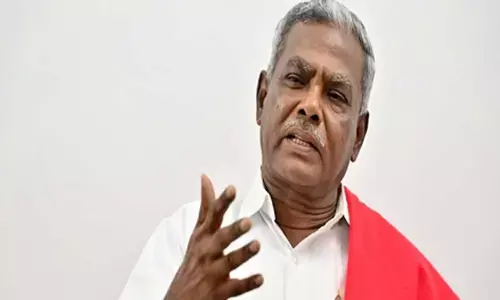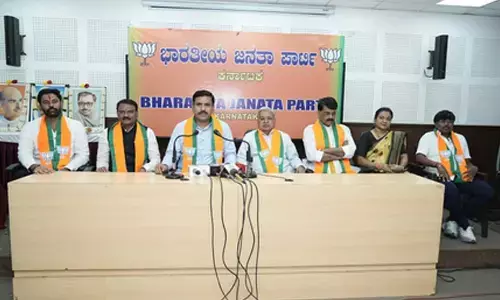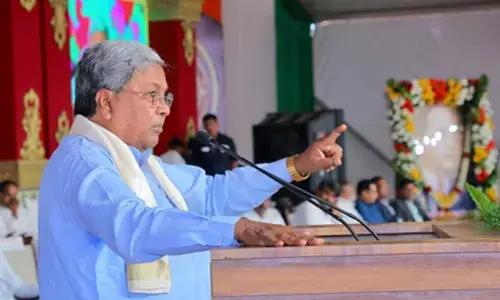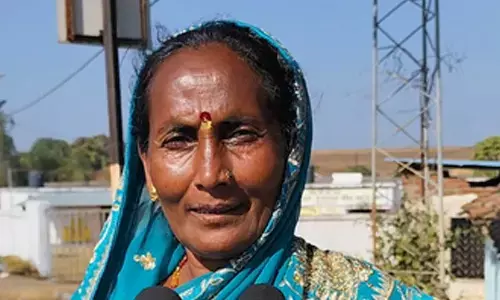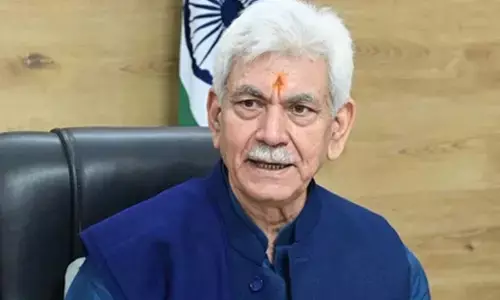Advocate General Of Karnataka Says Wearing Of Hijab Falls Under Freedom Of Expression Not Of Religion
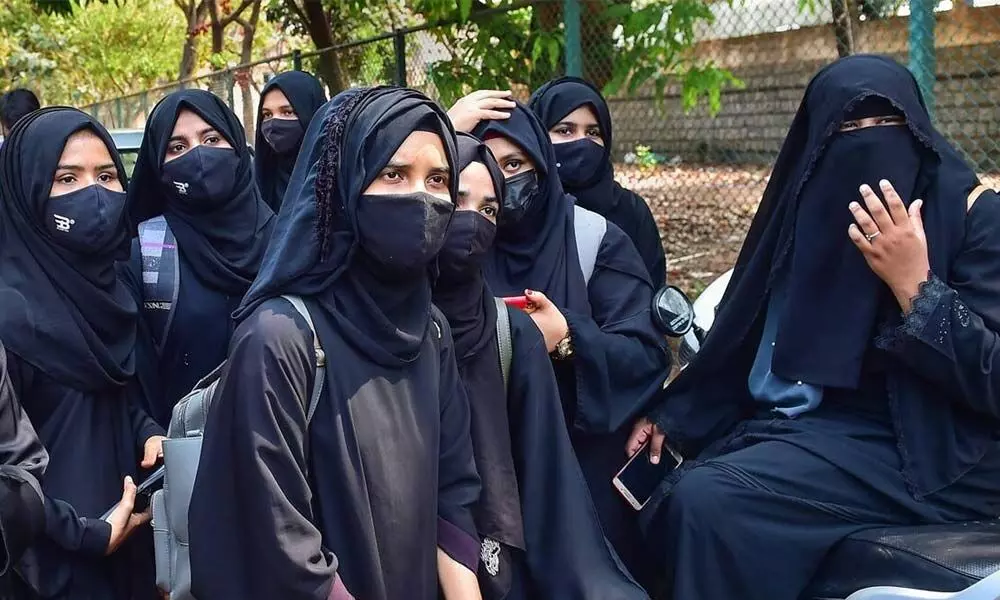
Advocate General Of Karnataka Says Wearing Of Hijab Falls Under Freedom Of Expression Not Of Religion
- The wearing of hijabs is a right that belongs under freedom of expression, which is relevant to institutional discipline, rather than freedom of religion in the Constitution.
- Things which are optional are not obligatory, similarly which are not obligatory are not compulsory, and as a conclusion to this argument he said that what is not required is not vital.
The Advocate General for Karnataka, Prabhuling Navadgi argued throughout a hearing in the High Court on petitions filed by Muslim girls challenging the hijab ban in some colleges in Udupi on Tuesday that the wearing of hijabs is a right that belongs under freedom of expression, which is relevant to institutional discipline, rather than freedom of religion in the Constitution.
Wearing the hijab is an optional religious practise in Islam, according to Advocate General Prabhuling Navadgi, who informed a full bench of the Karnataka High Court, which included Chief Justice Ritu Raj Awasthi, Justice Krishna Dixit, and Justice J M Khazi.
Their claim is that wearing a dress to practise freedom of expression is a basic right under Article 19 (1) (a). Navadgi said to the court that their reasoning is accepted, then those who do not wish to wear the hijab can opt not to wear it as well. He explained that it's either Article 25 (1)'s right to freedom of religion or Article 19 (1)'s right to freedom of expression (a). It was impossible to be both as if women have the option of wearing the hijab, it falls under article 19 (1) (a) right, not an right coming under, Article 25.
He added that things which are optional are not obligatory, similarly which are not obligatory are not compulsory, and as a conclusion to this argument he said that what is not required is not vital. As a result, it does not fit under the category of necessary religious activity, according to Navadgi. They don't have any laws prohibiting women from wearing the hijab in our country. The right to freedom of expression, on the other hand, is limited by Article 19 (1) (2), which allows the state to impose reasonable limits in the interest of morality.
In his remarks, the Karnataka Advocate General stated that the right to wear hijab in universities as a form of freedom of expression is subject to state education rules that impose reasonable constraints. The wearing of the hijab is governed by institutional rules. In the institution, wearing the hijab is not prohibited. Only in the classroom and during class hours is the limitation in place. It applies evenly to everyone, and no one can wear anything other than the uniforms, regardless of religion or community.
Karnataka AG gave the example of France as it has law of not wearing hijab in public and according to him, no one can say that the country don't had Islamic Religion there. However, Justice Dixit interjected to inform out that each country's constitutional structure is unique. He said that the extent of liberty and freedom may differ from country to country.
The advocate general further stated that recognising the hijab as a fundamental religious practise would make it mandatory for all Muslim women to wear it, which would be contrary to constitutional morals and individual dignity.
Next Story









